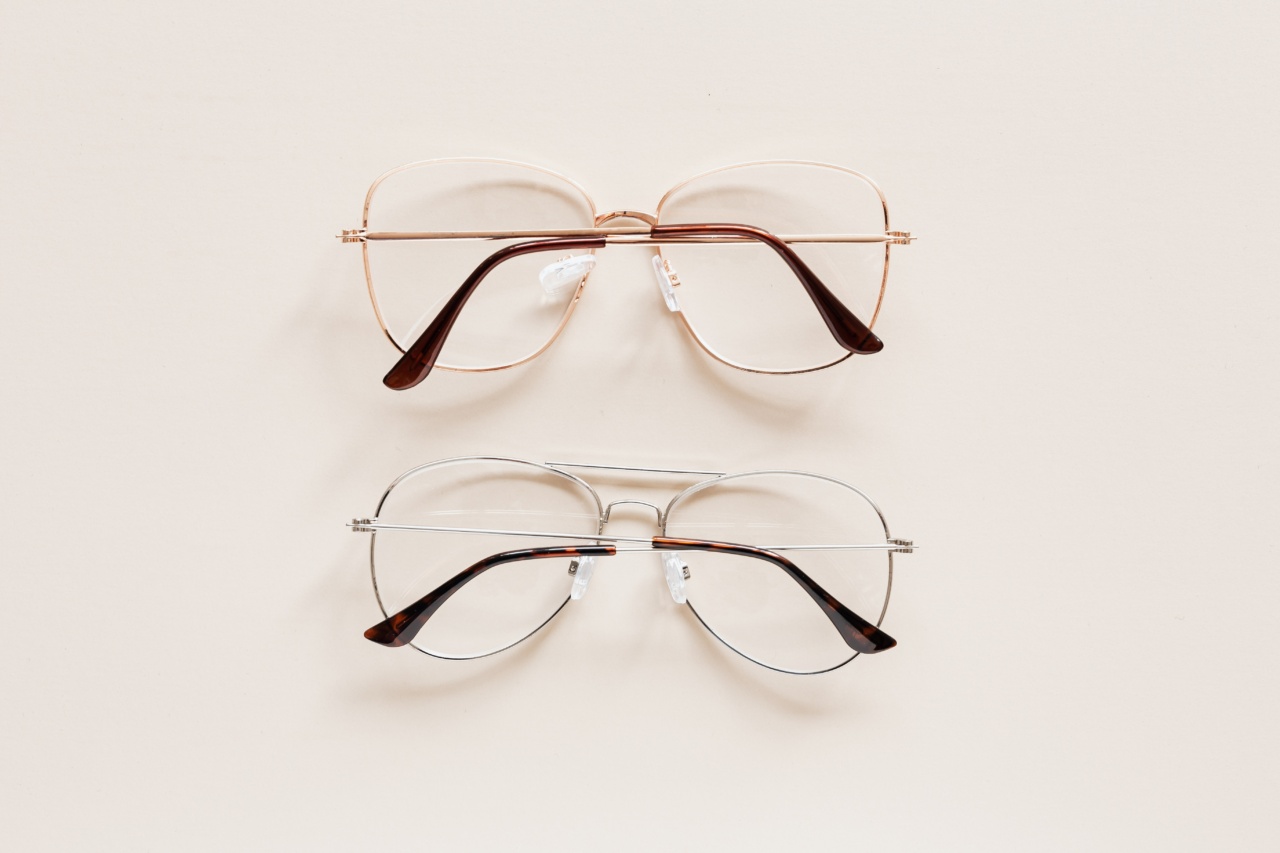Urinary issues, also known as urinary tract problems, refer to any issue one may face while urinating or maintaining urine flow. These issues can range from minor to major and often impact the quality of life of individuals, especially older adults.
While some urinary issues can resolve on their own over time, others may require medical attention. In this article, we’ll explore the various types of urinary issues and when to see a doctor for them.
Common Urinary Issues
Urinary issues can be broken down into various categories based on the symptoms they produce. Some of the most common ones include:.
Urinary Tract Infections (UTIs)
UTIs occur when bacteria enter the urinary tract and multiply, leading to an infection.
Symptoms of UTIs vary but can include pain or burning during urination, frequent urge to urinate, cloudy or strong-smelling urine, and pressure or pain in the lower abdomen. UTIs are often treated with antibiotics but can become severe if left untreated, leading to kidney infections and other complications.
Urinary Incontinence
Urinary incontinence refers to the loss of bladder control, leading to involuntary leakage of urine. This condition can occur due to weakened pelvic muscles, nerve damage, or other underlying health conditions.
Incontinence can range from occasional leaks to uncontrollable urination, which can interfere with daily activities and social interactions.
Overactive Bladder
An overactive bladder refers to a condition where the bladder muscles contract involuntarily, leading to a sudden and frequently urgent need to urinate.
This condition can be caused by various factors, including nerve problems, bladder infections, and age-related changes. Symptoms of an overactive bladder include sudden urges to urinate, frequent urination, and nocturia (urination at night).
Kidney Stones
Kidney stones occur when small, hard mineral deposits form inside the kidneys and cause pain and discomfort while urinating.
Symptoms of kidney stones include severe pain in the lower back, groin, or abdomen, nausea and vomiting, and pink, red, or brown urine. Most kidney stones pass out of the body on their own but may require medical intervention if the pain is severe or the stones are too large to pass on their own quickly.
When to See a Doctor for Urinary Issues
While some urinary issues may be minor and can be resolved on their own with home remedies, others require medical attention. Here are some indications that it’s time to see a doctor for urinary issues:.
Frequent Pain or Burning during Urination
If you’re experiencing frequent pain or burning during urination or vaginal irritation, it may be a sign of a UTI or bladder infection.
A doctor can prescribe antibiotics to treat the infection and prevent it from spreading to other parts of the body.
Blood in Urine
Blood in urine (hematuria) can be a sign of various underlying health issues, including kidney disease, bladder cancer, or a UTI. If you notice blood in your urine, it’s essential to see a doctor for proper diagnosis and treatment.
Urinary Incontinence or Overactive Bladder
If you experience involuntary leakage of urine or frequent urges to urinate, you may have urinary incontinence or an overactive bladder.
A doctor can review your symptoms and recommend a treatment plan that may involve medication, pelvic exercises, or surgery.
Severe Kidney Stone Pain
If you’re experiencing severe pain in the lower back, groin, or abdomen, along with nausea and vomiting, it’s essential to see a doctor immediately.
They can assess the situation and provide pain relief and medical intervention if necessary.
Conclusion
Urinary issues can significantly affect your quality of life, and it’s essential to see a doctor if you’re experiencing any of the symptoms mentioned above.
Early diagnosis and treatment can prevent complications and improve your overall health and well-being.






























